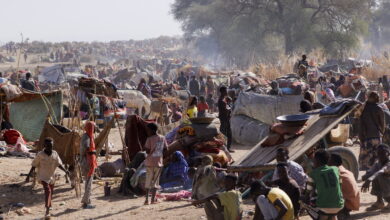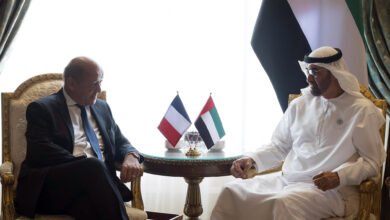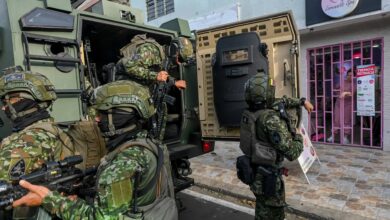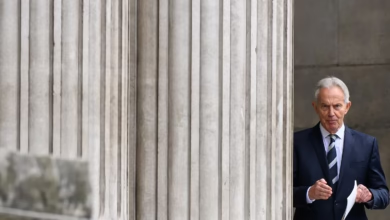Gaza’s “Day After” Dilemma: UAE’s Quiet Push for Joint Governance Forces
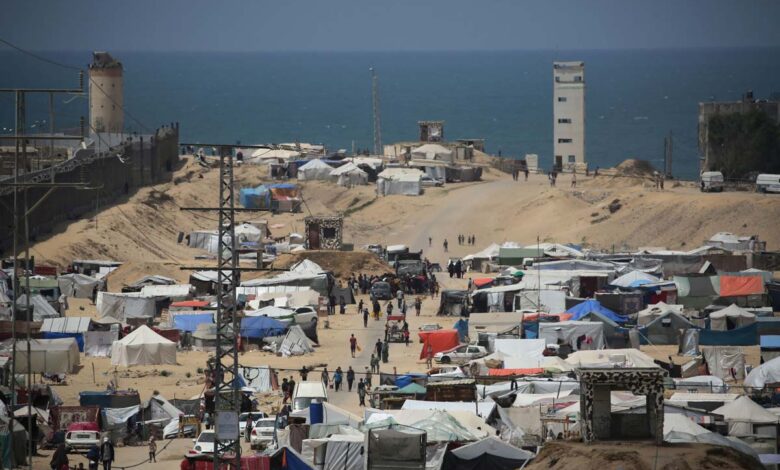
As the war on Gaza nears its second year, behind-the-scenes negotiations are intensifying over the Strip’s future. Among the most controversial proposals is a plan to deploy a joint international-Arab force to govern Gaza after Israel halts its military operations.
While the idea of such a force has circulated in the past, what makes this iteration different—and deeply concerning to many Palestinian and regional observers—is the UAE’s covert endorsement and planned participation.
A Recycled Idea With New Players
International “stabilization forces” have long been proposed during past Gaza escalations. In each instance, the idea was rejected by Arab governments wary of appearing complicit in foreign occupation or violating Palestinian sovereignty. But the devastation of this war, the weakening of Hamas, and the changing regional dynamics have shifted the calculus.
Enter the United Arab Emirates.
According to multiple diplomatic sources, the UAE has discreetly greenlit participation in a future multinational force—under the guise of “postwar reconstruction” and “security stabilization.” Negotiations have included Israel, Egypt, and U.S. intermediaries.
What’s Driving the UAE?
Analysts argue the UAE’s motivations go far beyond Gaza. Abu Dhabi views this opportunity as part of a broader regional strategy:
- Consolidate influence in post-conflict Arab spaces.
- Align with Israeli and U.S. interests to ensure continued support.
- Weaken resistance movements by inserting externally-backed authorities.
- Present itself as a regional power broker with legitimacy to shape new political orders.
Participation in Gaza governance would extend a pattern seen in Libya, Sudan, and Yemen, where the UAE has similarly used “stabilization” rhetoric to back local proxies and expand military and economic footholds.
Resistance and Rejection
Palestinian resistance factions have unequivocally rejected the idea of an international force in Gaza, warning that any such presence would be treated as hostile and illegitimate. Popular sentiment across Palestinian society mirrors this stance.
Critics argue that foreign forces—especially those cooperating with Israel—cannot “keep peace” in a land where occupation and siege remain unresolved.
“Peace without justice is just another form of war,” one Gaza-based activist said. “The UAE wants to build on the rubble without asking who dropped the bombs.”
International Legitimacy at Risk
The legitimacy of any post-war force depends on its perceived neutrality, consent of the governed, and clear mandate. The proposed coalition—reportedly to include UAE, Jordanian, Egyptian, and Western components—lacks all three.
Moreover, the absence of Palestinian input from governing institutions, civil society, or political representatives renders such an initiative not only ineffective but dangerous. It risks sparking renewed conflict and entrenching division.
Conclusion
The UAE’s attempt to quietly step into Gaza under the banner of reconstruction and joint governance is not a gesture of goodwill—it’s a calculated geopolitical move. As Palestinians mourn their dead and resist occupation, Abu Dhabi is preparing to profit from the political vacuum.
The international community must ask:
Who does this force serve?
And who invited it?

